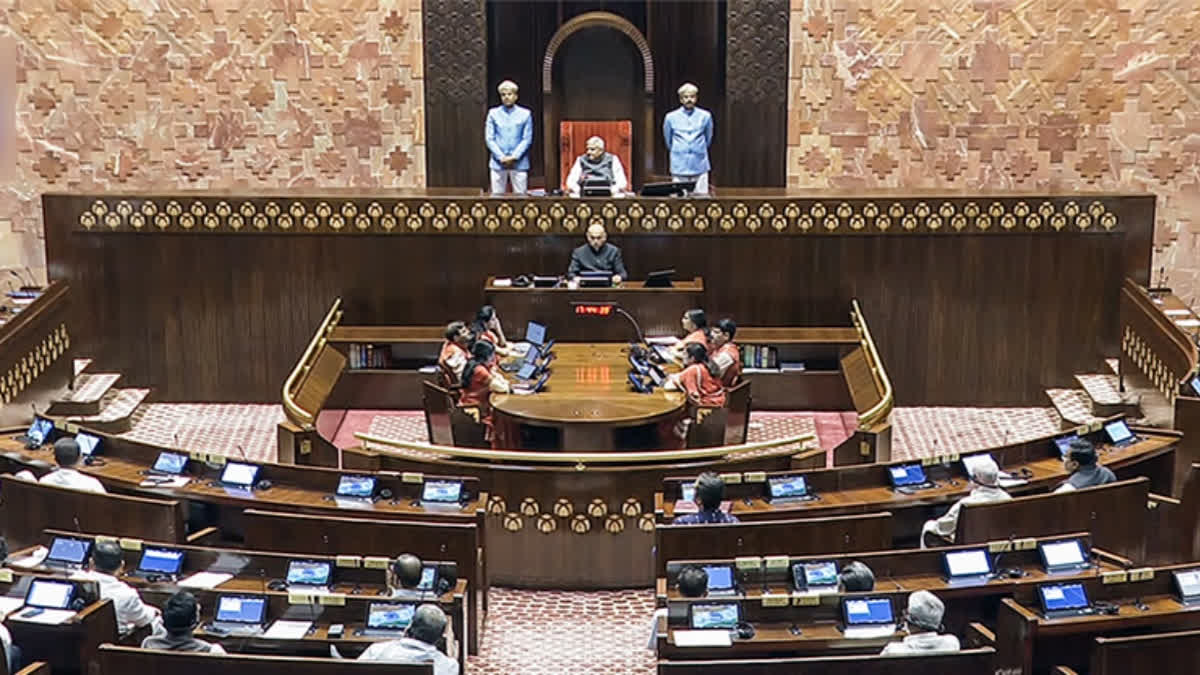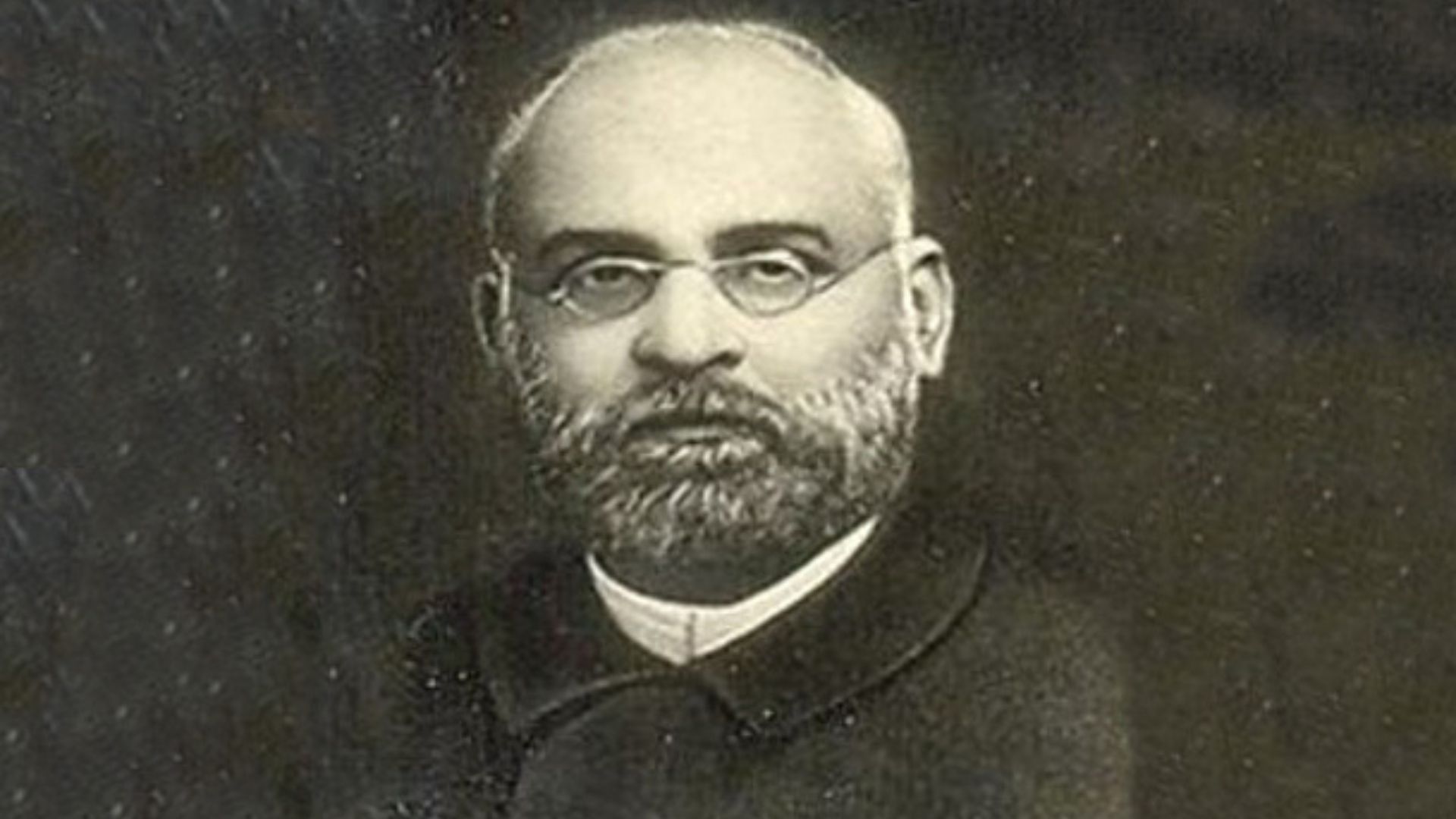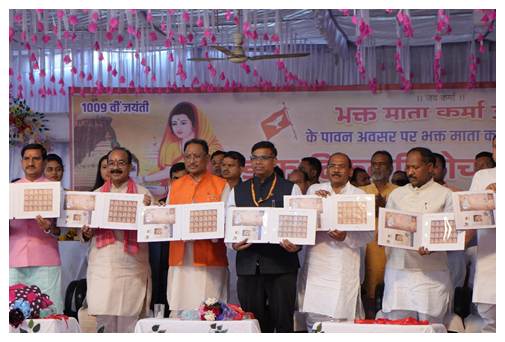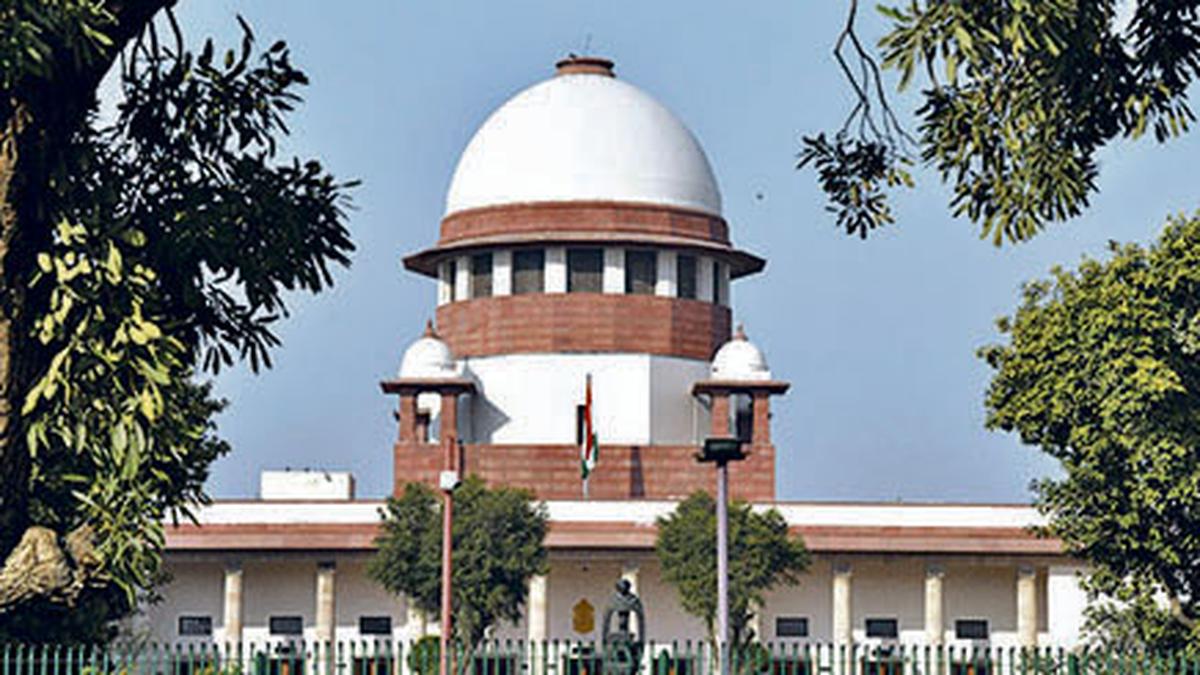
The Tribhuvan Sahkari University Bill, 2025 obtained Rajya Sabha approval after passing through Lok Sabha on March 26, 2025. The program seeks to develop operational excellence for the cooperative sector while extending its operations. In his remarks Shri Muralidhar Mohol a minister of state at the department of cooperation declared the government's dedication to elevate India into ranking as the third largest economy by 2027 while understanding rural economic development as fundamental. Shri Amit Shah's leadership at the Ministry of Cooperation has introduced various organizational reforms to build cooperative networks and foster financial accessibility through implementation of multiple strategic changes. Tribhuvan Sahkari University stands as a substantial initiative to provide professional training for workers who will lead cooperative sector expansion.
Key Points:
Purpose and Significance of the Bill:
-
The Bill enables Tribhuvan Sahkari University creation to provide training for cooperative sector professionals whose demand continues to grow.
-
Through its structured educational programs Tribhuvan Sahkari University trains personnel to deliver efficient governance and innovative leadership in cooperative institutions.
Growth and Development of the Cooperative Sector:
-
The cooperative sector of India comprises 8 lakh entities supporting more than 30 crore individual members.
-
Agriculture remains the vital force in rural development since agriculture engages more than 50% of the population in India.
-
PACS (Primary Agricultural Credit Societies) have received additional support from the government through the operation of 43,000 PACSs which run Common Service Centers as well as through thousands of organizations involved in government schemes.
Government Initiatives Under Shri Amit Shah’s Leadership:
-
Sixty new development initiatives were released to improve cooperative functionality in India.
-
The Government works to develop National Cooperative Policy to ensure efficient cooperative governance.
-
The government is investing Rs 2,516 crore into the computerization process of 66,000 PACS.
-
Three national cooperative societies including BBSSL and NCEL along with NCOL were established for providing assistance to farmers through every stage from seed acquisition to market distribution.
Financial Strengthening of the Cooperative Sector:
-
From 2013-14 to 2025 the Department of Cooperation received budgetary increases that grew from Rs 122 crore to Rs 1,190 crore.
-
The National Cooperative Development Corporation (NCDC) granted Rs 10,000 crore in financial help to sugar mills during this current year.
-
Through PACS food storage methods farmers are able to minimize expenses while developing better supply chain systems for their products.
The Role of Tribhuvan Sahkari University:
-
Tribhuvan Sahkari University exists to offer academic and vocational professional training to cooperative sector personnel.
-
A total of 17 lakh trained youth will be needed during the upcoming five years to ensure the sustainable development of different sectors.
-
Students will study materials to resolve all types of managerial ineffective practices and technological gaps while learning how to avoid irregularities.
Conclusion:
The Tribhuvan Sahkari University Bill, 2025 now brings institutional training and educational processes to cooperative sector implementation. The government works toward cooperative enhancement to provide farmers with empowerment as well as economic development for rural areas and sustainable economic expansion. The initiative will help India achieve its goal of becoming a global economic powerhouse by improving governance and extending financial inclusion together with generating new employment opportunities.



 Bodh Gaya Temple Act (BTA), 1949: Historical and Legal Perspectives
Bodh Gaya Temple Act (BTA), 1949: Historical and Legal Perspectives ‘Shishtachar’ Squads Launched in Delhi to Ensure Women’s Safety
‘Shishtachar’ Squads Launched in Delhi to Ensure Women’s Safety PM Pays Tributes to Shyamji Krishna Verma on His Death Anniversary
PM Pays Tributes to Shyamji Krishna Verma on His Death Anniversary PM Modi to Inaugurate Vande Bharat Train to Srinagar on April 19
PM Modi to Inaugurate Vande Bharat Train to Srinagar on April 19 Waqf (Amendment) Bill, 2024: Upcoming Parliamentary Debate and Legislative Process
Waqf (Amendment) Bill, 2024: Upcoming Parliamentary Debate and Legislative Process Free Speech as an Integral Part of a Healthy and Civilised Society
Free Speech as an Integral Part of a Healthy and Civilised Society Roshni Nadar Becomes First Indian Woman in World’s Top 10 Richest Women
Roshni Nadar Becomes First Indian Woman in World’s Top 10 Richest Women Commemorative Postage Stamp Issued in Honor of Mata Karma from Raipur
Commemorative Postage Stamp Issued in Honor of Mata Karma from Raipur Supreme Court Stays Allahabad HC’s ‘Inhuman’ Rape Attempt Remarks
Supreme Court Stays Allahabad HC’s ‘Inhuman’ Rape Attempt Remarks






